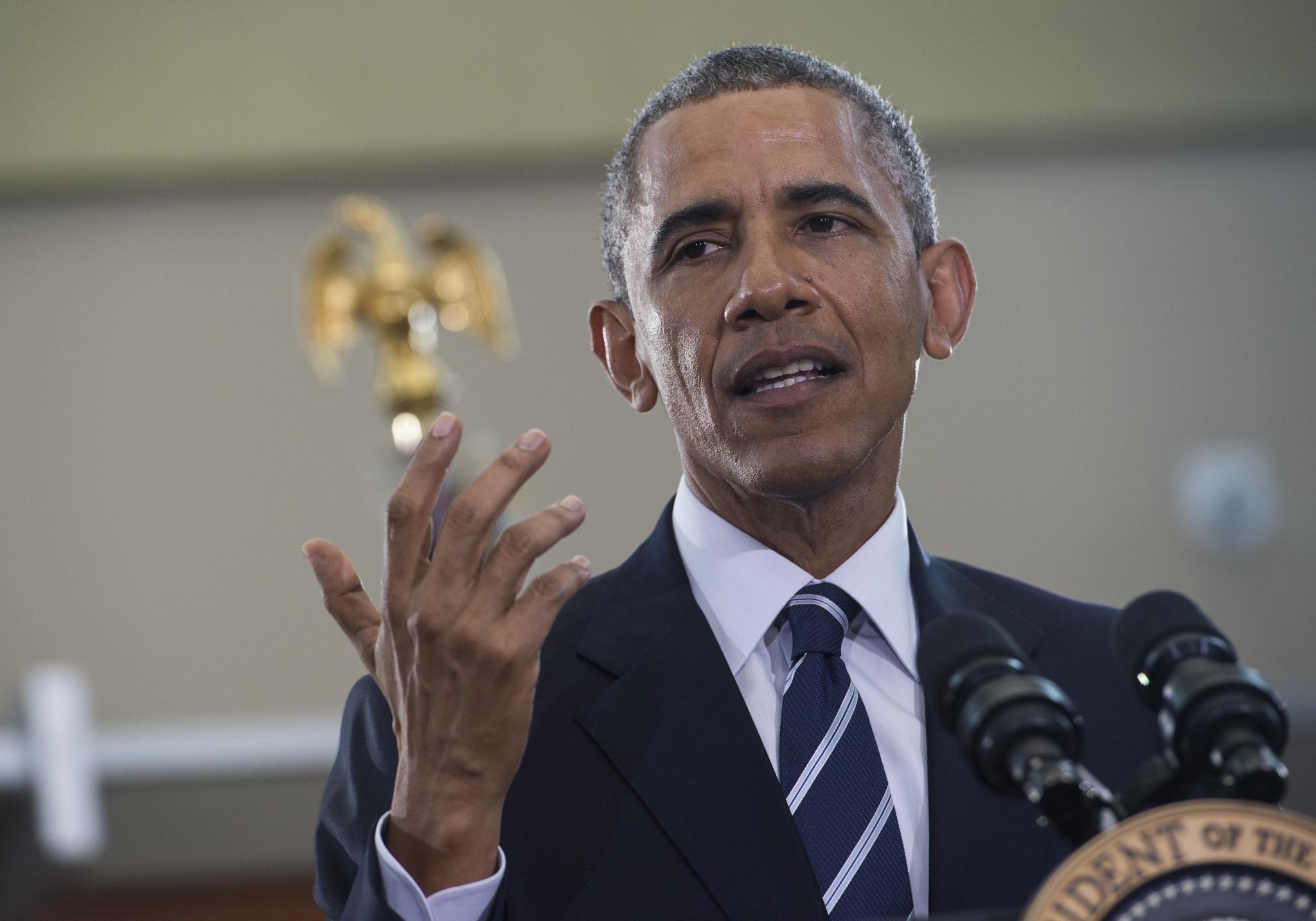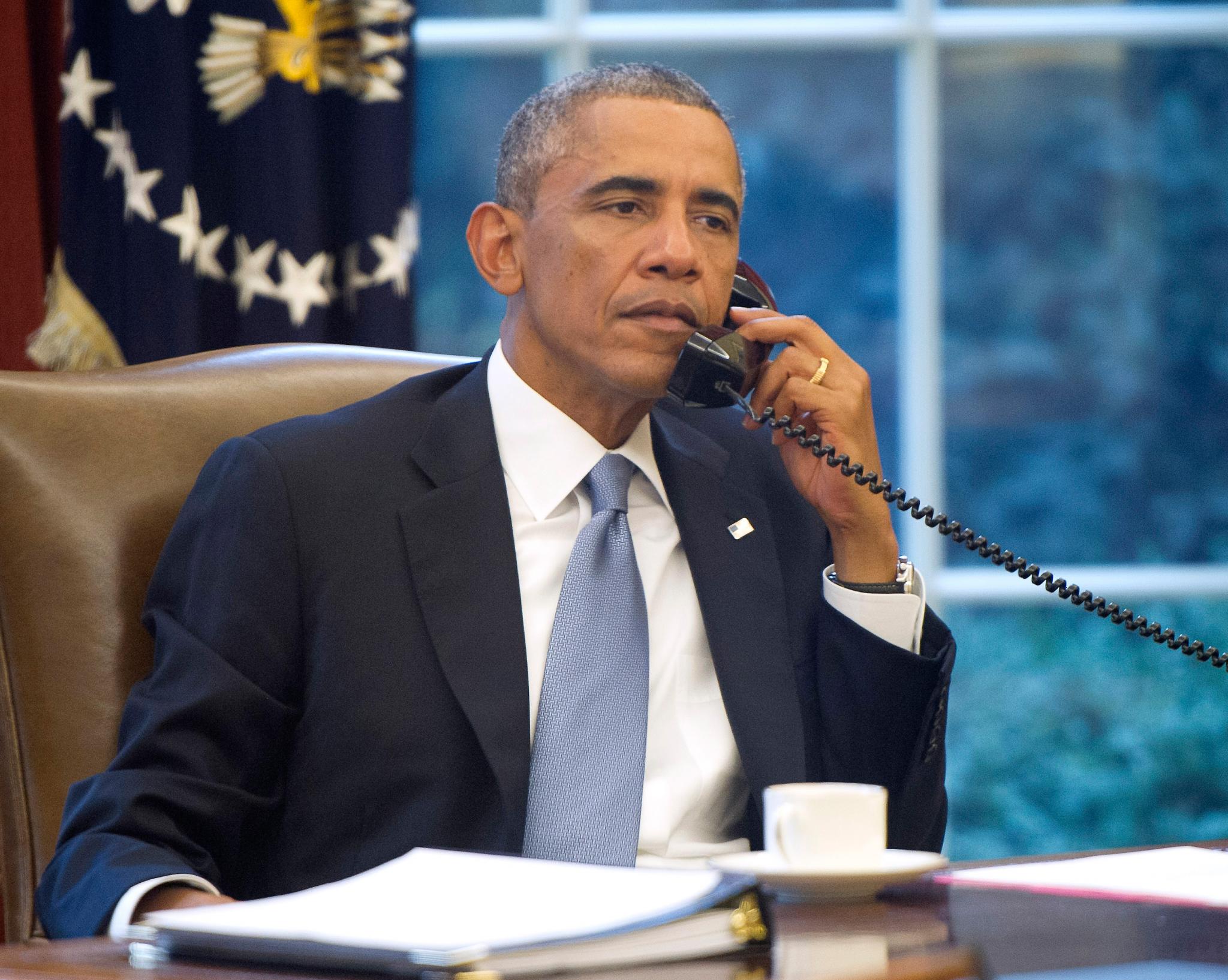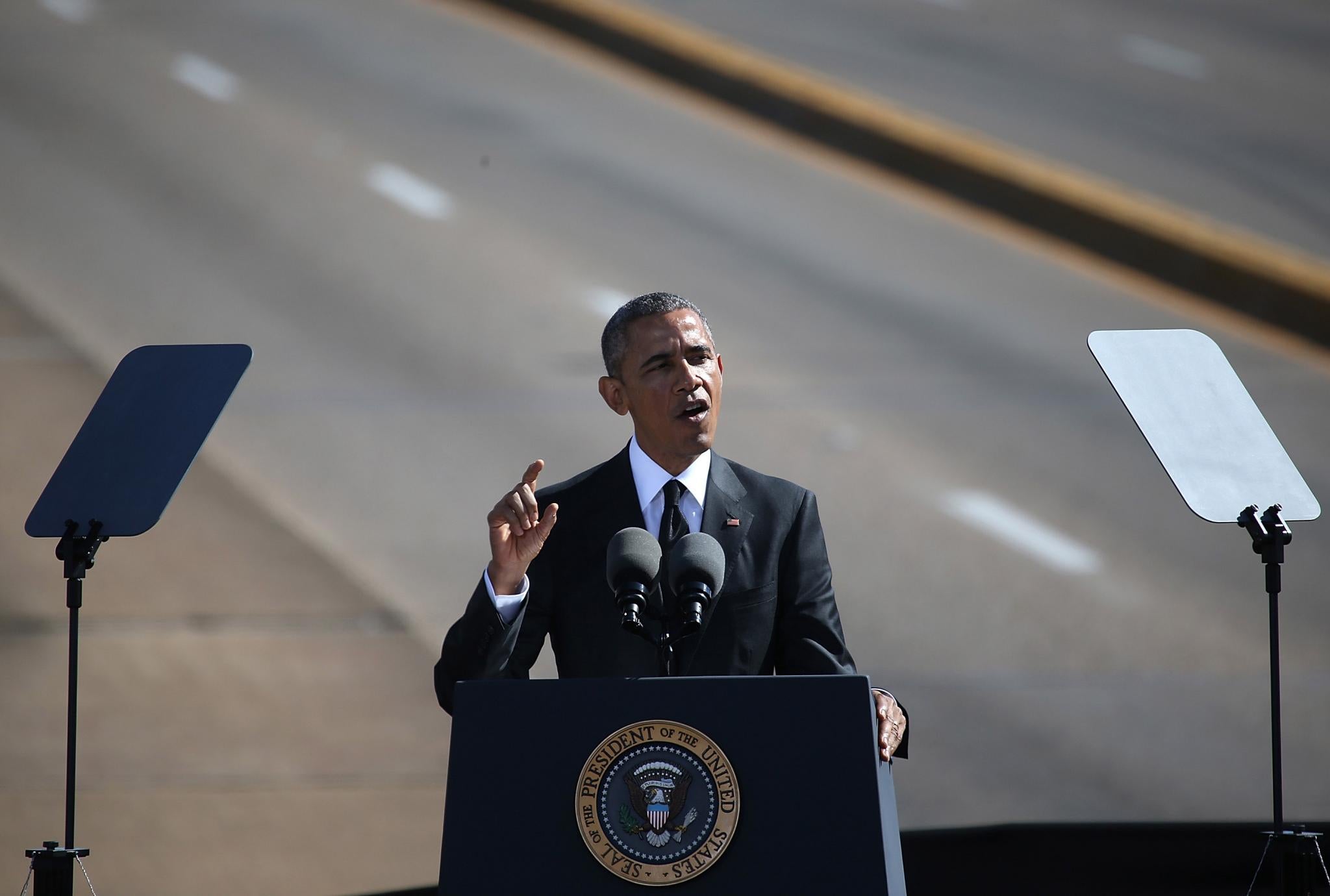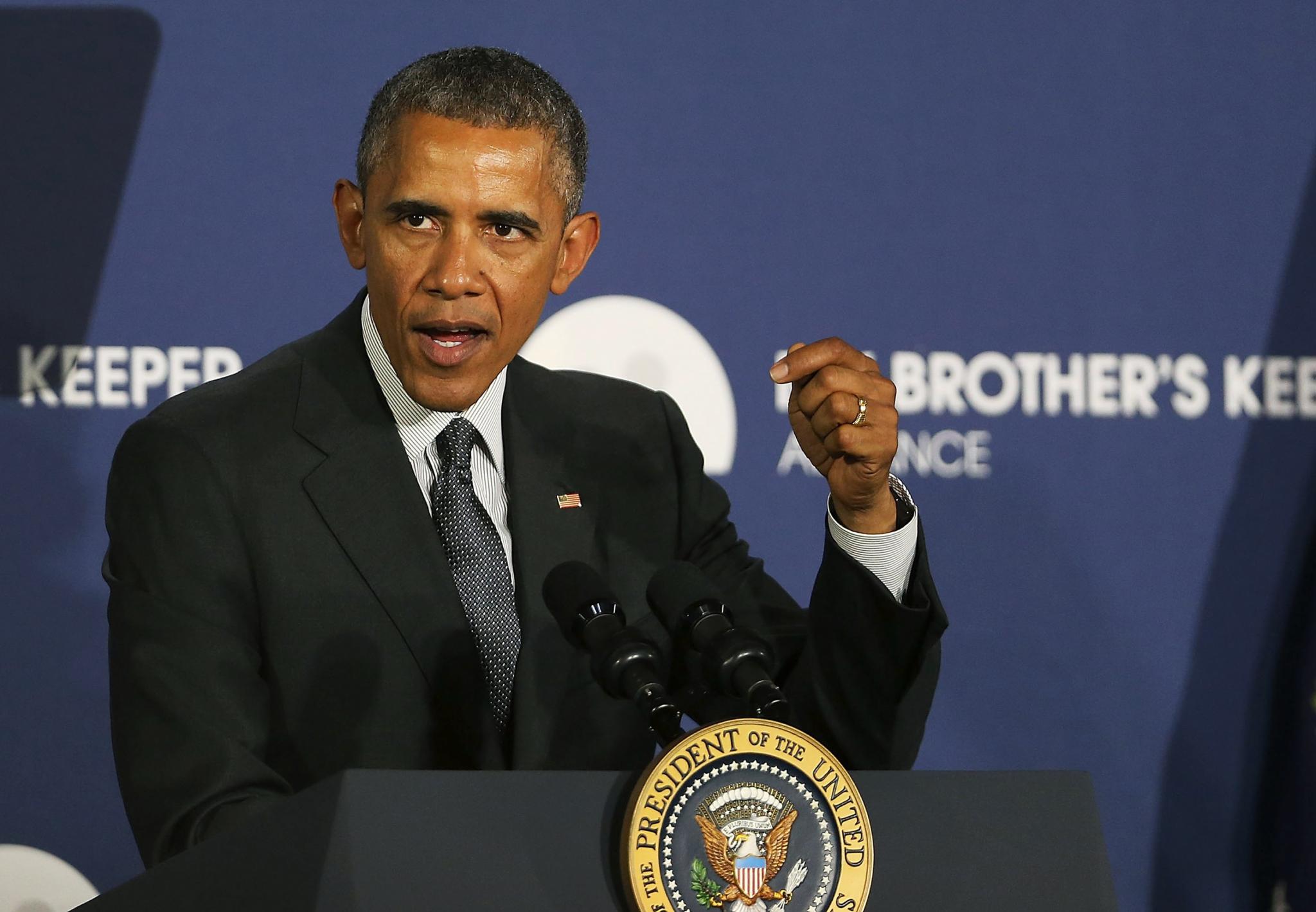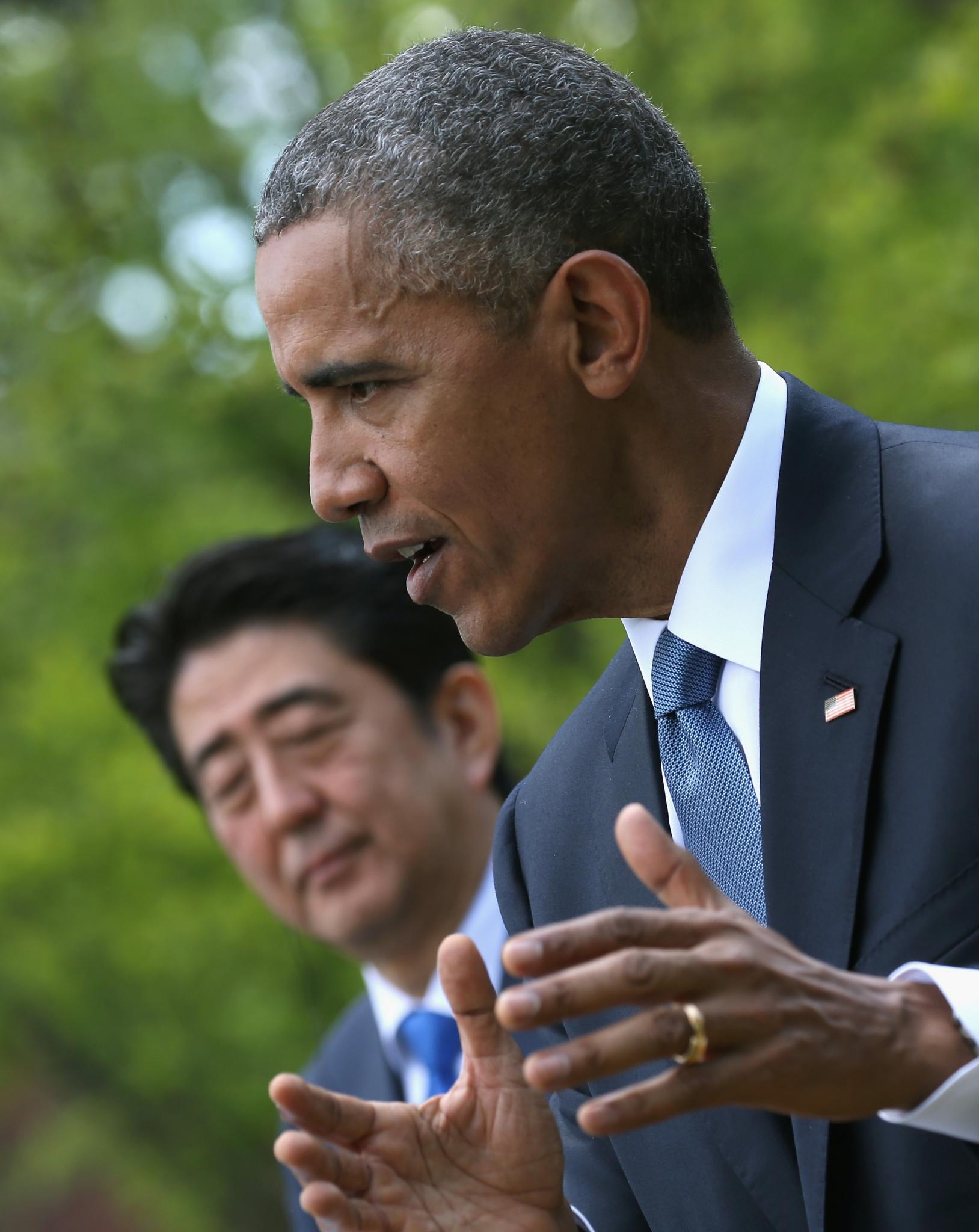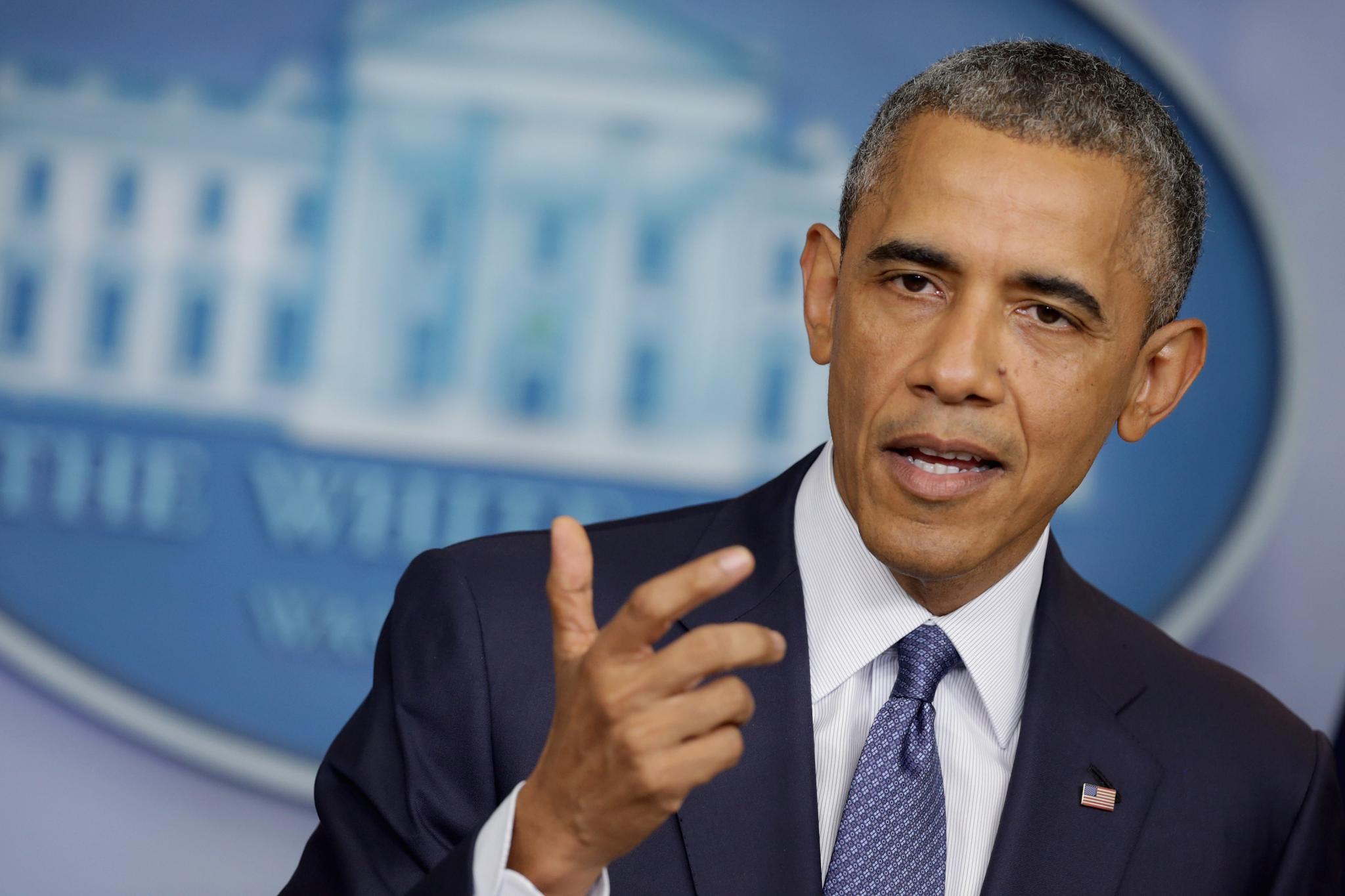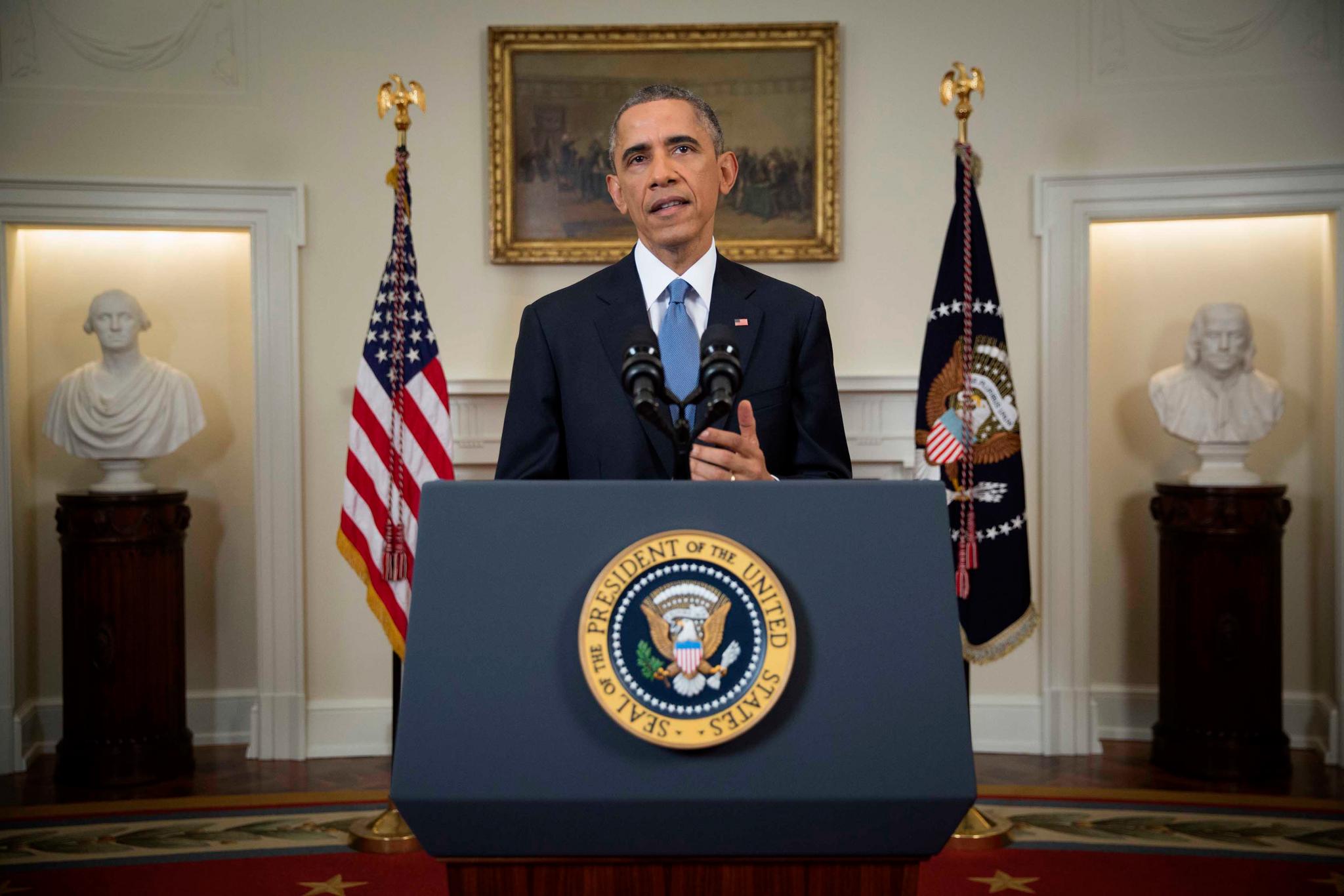President Obama stopped by Marc Maron’s WTF podcast in Los Angeles over the weekend, where he spoke on the Charleston shooting and the progression—or lack thereof—of race relations in U.S. history. During his impassioned commentary, he opted to say “nigger” instead of tip-toeing around the issue by saying “The N-word.” His use of the word has gotten a mixed reception, but in our eyes, he was doing what he had to do to get his point across.
Most Powerful Quote: “The legacy of slavery, Jim Crow, discrimination in almost every institution of our lives, you know, that casts a long shadow, and that’s still part of our DNA that’s passed on. We’re not cured of it, and it’s not just a matter of it not being polite to say nigger in public. That’s not the measure of whether racism still exists or not…Societies don’t overnight completely erase everything that happened 2- to 300 years prior.”
Listen to the podcast here.
Shortly after 17-year-old Trayvon Martin was fatally shot in 2012, Obama made headlines when, addressing the killing, he said that Trayvon could have been his son. In 2013, after a judge ruled that George Zimmerman would not be charged with Trayvon’s murder, Obama issued another statement, elaborating on his original comments. He not only reiterated that Trayvon could have been his son, but he compared himself to the slain teen.
Most Powerful Quote: “When Trayvon Martin was first shot I said that this could have been my son. Another way of saying that is Trayvon Martin could have been me 35 years ago. And when you think about why, in the African American community at least, there’s a lot of pain around what happened here, I think it’s important to recognize that the African American community is looking at this issue through a set of experiences and a history that doesn’t go away.”
Read the speech here.
March 2015 marked the 50th anniversary of the historic Selma march as well as the fateful Bloody Sunday. In honor of the those who marched so long ago, Obama traveled to the Alabama town to deliver a speech on the iconic Edmund Pettus Bridge. During his speech, he admitted that our society has progressed in the 50 years since Selma, but admitted that there was still work to be done, especially in today’s racially charged climate.
Most Powerful Quote: “We just need to open our eyes, and ears, and hearts, to know that this nation’s racial history still casts its long shadow upon us. We know the march is not yet over, the race is not yet won, and that reaching that blessed destination where we are judged by the content of our character – requires admitting as much.”
Read the speech here.
Racking up more than 2 million YouTube views, Obama’s “A More Perfect Union” speech is one for the history books. Speaking in Philadelphia during his campaign trail in 2008, the then president-elect spoke candidly about his own experiences as a biracial man, and the economic, educational and financial gaps driving the Black and White communities apart and the need to fix these issues in order to achieve what he called “a more perfect union.”
Most Powerful Quote: “As William Faulkner once wrote, “The past isn’t dead and buried. In fact, it isn’t even past.” We do not need to recite here the history of racial injustice in this country. But we do need to remind ourselves that so many of the disparities that exist in the African-American community today can be directly traced to inequalities passed on from an earlier generation that suffered under the brutal legacy of slavery and Jim Crow.”
Watch the speech here.
The country was palpably frustrated last November after a grand jury declined to indict Officer Darren Wilson in the August death of 18-year-old Michael Brown. As protests and demonstrations erupted in various communities, President Obama issued a statement sympathizing with the Black community and expressing his own frustration in the seemingly discriminatory legal system.
Most Powerful Quote: “We have made enormous progress in race relations over the course of the past several decades. I have witnessed that in my own life, and to deny that progress, I think is to deny America’s capacity for change. But what is also true is that there are still problems — and communities of color aren’t just making these problems up. Separating that from this particular decision, there are issues in which the law too often feels as if it is being applied in a discriminatory fashion.”
Watch the speech here.
Freddie Gray’s death sparked riots and non-peaceful demonstrations throughout Baltimore. After a particularly violent night, Obama addressed the nation in a speech condemning the rioters but also assuring them that their voices were being heard. He said that the problems that exist within Black communities can’t be fixed with policing, but rather it requires America as a whole to confront the problems at face value and start building from the ground up.
Most Powerful Quote: “In those environments, if we think we’re just going to send the police to do the dirty work of containing the problems that arise there without—as a nation and a society—saying, ‘What can we do to change those communities, to help lift up those communities and give kids opportunity?’ then we’re not going to solve this problem. We’ll go through the same cycles and periodic complex between the police and communities and the occasional riots in the streets, and everybody will feign concern until it goes away, then we go about our business as usual.”
Read the speech here.
President Obama and the First Lady sat down with People magazine earlier this year, reminding people that though they are the First Family, many Americas see them as “Black” first and foremost. The two recalled their own run-ins with racism (Michelle said that recently, a woman mistook her for a Target employee, while President Obama recalled being mistaken for a waiter at a black-tie benefit), and they said that they are most certainly not immune to the racism plaguing the nation.
Most Powerful Quote: “It’s one thing for me to be mistaken for a waiter at a gala. It’s another thing for my son to be mistaken for a robber and to be handcuffed, or worse, if he happens to be walking down the street and is dressed the way teenagers dress.”
Read more of the interview here.
